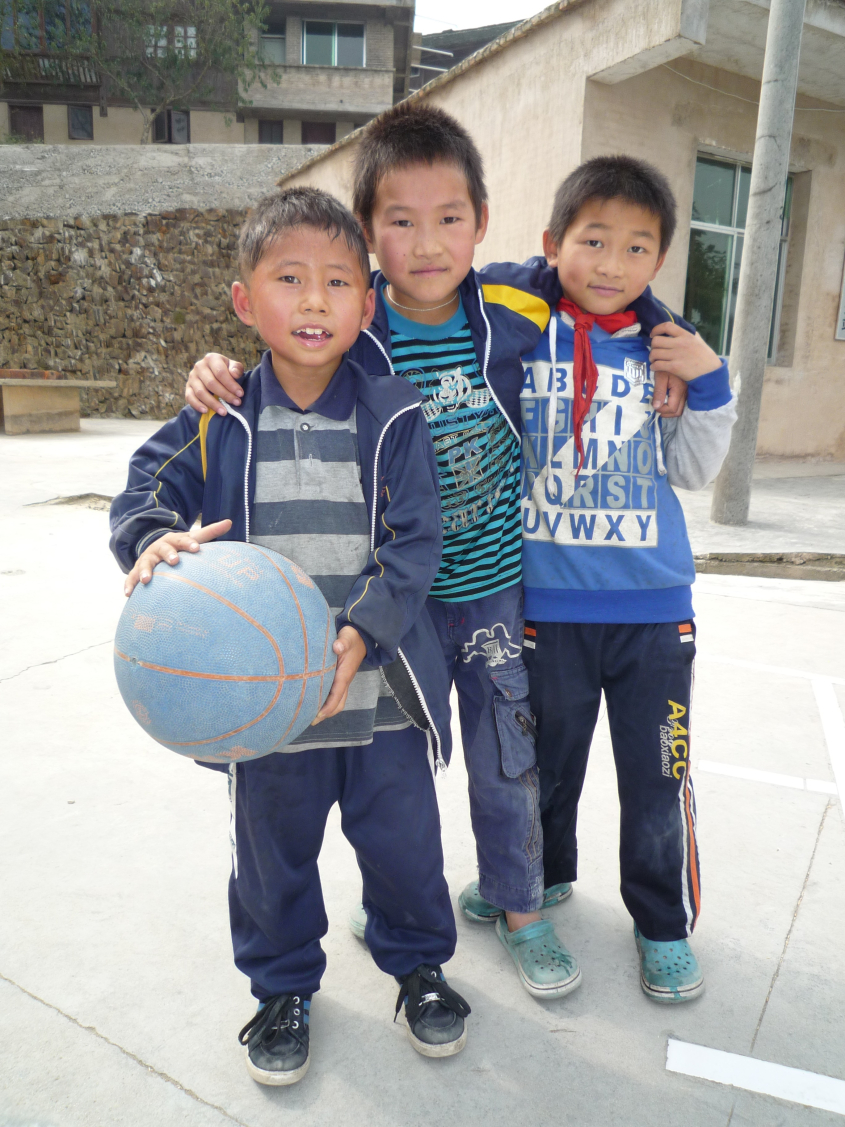
The December paper of the month is from Public Health Nutrition and is entitled, ‘A multi-level analysis of the relationship between parental migration and left-behind children’s macronutrient intakes in rural China.’ Lead author, By Nan Zhang, discuss the effect of parental migration on diet quality in China.
Some 61 million rural children left behind by parents moving to China’s booming urban centres are at risk from increased fat and reduced protein in their diets.
The study of 975 children from 140 rural villages in nine provinces carefully analysed nutritional intake and showed a particular risk to boys who were left behind in the care of grandparents or a mother who sought work away from home.
There are sound financial reasons why so many people move from rural to urban areas in China, but the benefits that more money brings to a family can often be at the expense of child nutrition. The Chinese government needs to recognise this growing problem among rural communities and this research provides some evidence to target health policies on encouraging a balanced diet.
The study finds that ‘left behind’ boys in particular consumed more fat and less protein than those from complete families, which potentially leaves them at increased risk of obesity and stunted growth. This has important policy implications in a specific cultural-context where son preferences are powerful.
Although the results of the study don’t provide reasons for this change in diet, we speculate that mothers moving away from home generally earn less, and that these lower earnings act in combination with grandparents’ poorer dietary knowledge or willingness to spend more on food.
Another factor at work could be that prices of protein-based foods such as eggs and meat have increased faster than many households’ incomes – meaning that even though money is being sent home from one or both parents, nutrition doesn’t always improve.
The process of parental migration is complex and the reasons for problems in boys’ nutrition are not straightforward, however we can see that both parents and grandparents in rural areas need to be educated about good diet.
Because raising children can fall on all members of the family, good care-giving practice needs to become more widespread.
Click here to read the full paper.
Photo with thanks to Thomas Galvez, Flickr, reproduced under a CC license.
